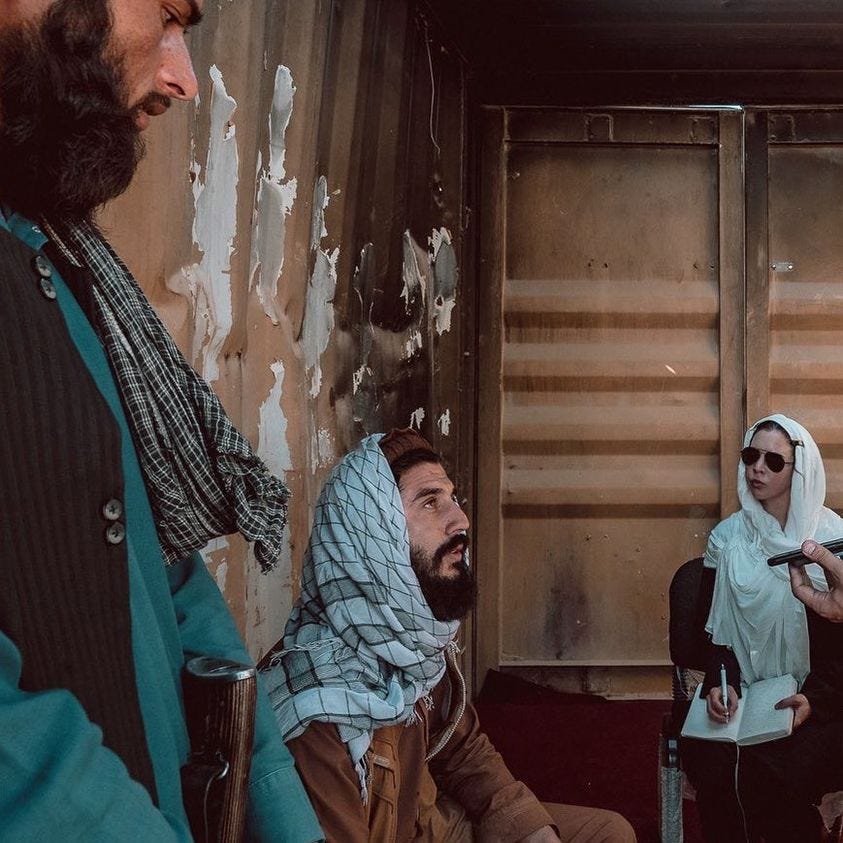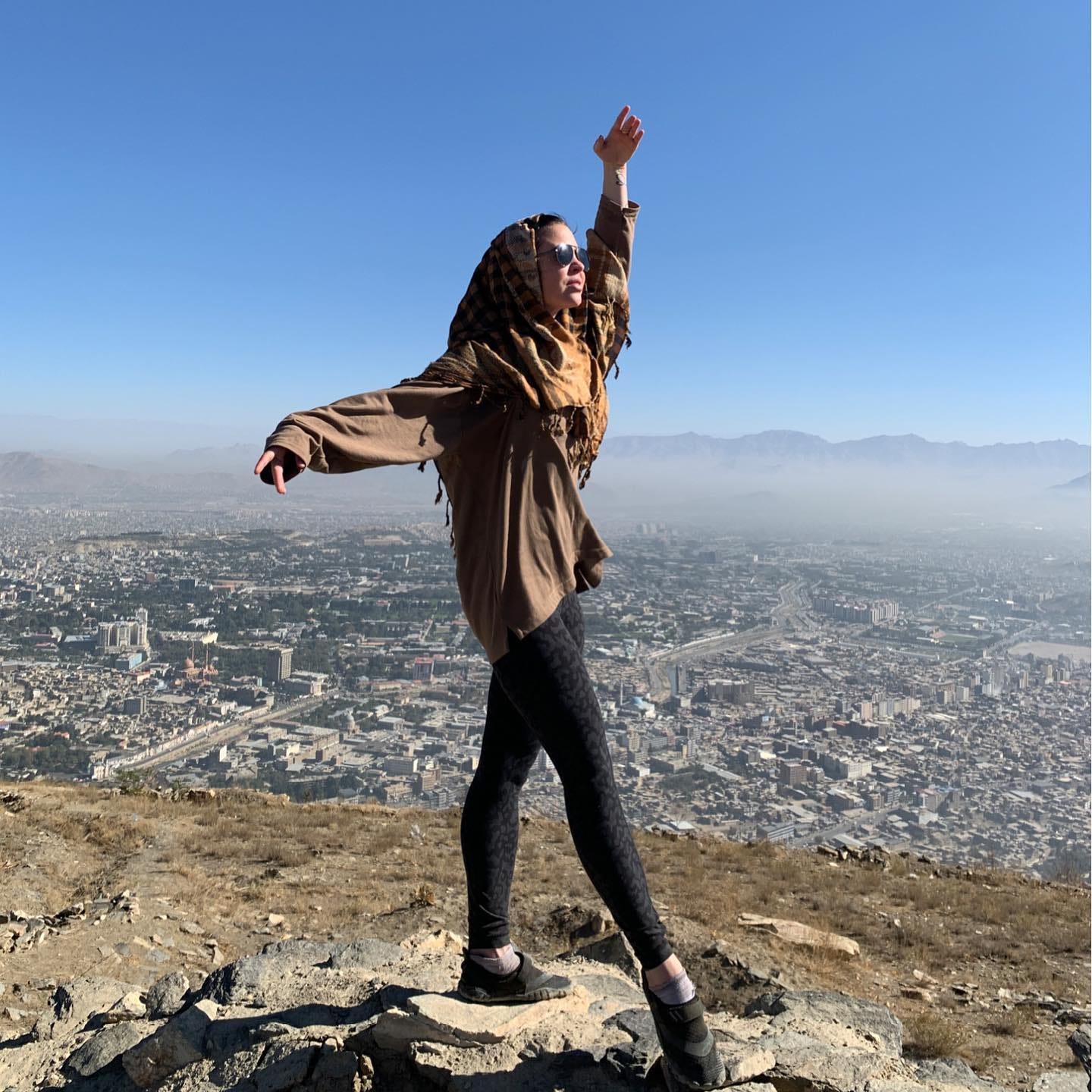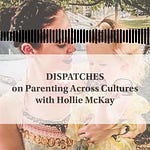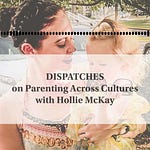Hollie McKay’s introduction to the cultural minefields of the Fertile Crescent began in 2014 just after the Arab Spring when she literally covered a UN mission to remove land mines in Iraq, a mission first inspired by Princess Diana. Over the better part of a decade she covered the rise and fall of the Islamic State in Iraq and Syria, and how it affected ordinary people, documented in her book “Only Cry for the Living: Memos from Inside the ISIS Battlefield”. Hollie as known Afghanistan and its people for just as long. Change affects everyone it touches deeply. In this interview, she pauses a moment from her work documenting how it affects everyone around her to ponder how it reflects the woman she sees in the mirror.
Everything Changed
Hollie reminds listeners that Afghanistan has always been a very conservative Islamic country.
“Under the previous government, there was a tacit understanding the it was normal for a journalist to conduct interviews with leaders and religious scholars. It wasn’t a big deal to be a woman.”
“Overnight, all of that changed. It was all men. There were no women. Many of the people now in charge had literally spend much of the past twenty years in the mountains. These same people were suddenly trust into running a government which includes interacting with the world, which includes speaking to journalists. I think it was a new world for them as much as it was a new world for me. … It’s something I really had to adapt to. In the beginning, I sort of had the understanding that the people I was interviewing were not going to look at me. If they happened to meet my gaze, their eyes would avert; and that it was going to be very different for them as well.”
“What is interesting that after about five or six weeks, I didn’t realize how much it would really grate on me. I got to the point were, in the last few days, I found myself snapping a little bit. And it was just because, when you are not greeted, when you are essentially invisible in every meeting you go into, pretty much, it does have a strange way of weighing you down; especially when I’m with a male fixer and photographer. When we walk into a room, they are greeted with the handshakes and the Pashtun greetings. They ate looked at and things are quite normal for them. But for me, I’m this entity that pretty much doesn’t exist. As a Western woman, it’s obviously something that we are not very accustomed to. ”
Listening to the Sound of Silence
“I’m very aware of the fact that this is new to them. They’ve never really had to deal with a woman from the outside. The only women that they see is their wife, daughters, and mother. They don’t really interact beyond that at all so this idea of having to speak to a woman is very foreign to them.”
“There is a double entendre to it. Certainly, you are viewed as property or as second class in many ways and that evidently comes through. On the flip side to that, they see it as their sign of respect to not look at you, to not acknowledge you. They see that as being respectful to you, and respectful to your husband, or whoever that may be; your male relative that is around you. So that’s sort of the way that the culture falls into play with that. But that is certainly hard for us (in the West) to get our heads around it too because that’s not the way we’ve been shown respect for a woman by completely not acknowledging her. It a very strange sense of security, a strange sense of coddling, that comes wit hit a little bit. And then also regarded as property and I think each of the Taliban members have their own way of perceiving a woman.”
“The irony of it really is that last week I was in Kandahar and we went to this very tiny little mosque in Sang-e-Sar, where Mullah Omar started the Taliban in 1994. He preached and rallied his troops from there. This is the place where the Taliban were born and became this extremely powerful political and military movement. But what I found to be so interesting is, when I went there, the Imams and the village elders, who you think would be the most conservative ones on the planet because they are the ones who preach Mullah Omar’s legacy; they were the ones who had no problem with me being a woman. They looked at me, Engaged with me. They shared their lunch with me. (laughs) Wanted to know about my personal life. I was quite surprised because it was quite different from the message you get from the younger generation of Taliban. The village elders are ok with dealing with you; but it’s the younger generation that is not. It’s sort of a bit concerning on some levels and makes you question if there’s some sort of a backwards step happening.”
“It think what kind of did me in and sort of made me feel a real burning sense of anger that I hadn’t felt, because I’d pretty much just accepted the way it was. This was how I was going to get work done. I wasn’t going to have a hissy fit and walk out of the room if I wanted to get the interviews and get what I needed done.”
“It was when I was sitting with some poppy farmers when I was in Helmand. It was all men in this sort of little cave that we were in having tea. A young boy was serving. He must have been about eight years old. He served everybody else tea but me. And that is when I just went, ‘What the hell.’ This is an eight year old boy who is already being conditioned to look at women like they don’t exist, or that they don’t matter. And that was for me, that was the turning moment of feeling this indignation of, here I am, I’m the one doing the interview here, holding the fort; and yet, I’m not worthy of a cup of tea. So that was just sort of the real visceral moment for me.”
That’s just the first seven minutes of the interview.
Hollie goes on to note that she is quite able to work. She has not been refused an interview. Officials do extend her the courtesy to visitors that is a hallmark of the trading cultures of the Fertile Crescent, and has been for eons or human history. She notes that the Taliban do very much realize that they need to interact with the outside world if their Emirate is to succeed. She does point out to them, that like all other cultures with similar belief sets, many of whom McKay has covered in her career, necessity demands adaptation and accommodation by the Taliban.
The Passion of Fashion
In the middle of the interview, Hollie delves into the subject of how fashion is a powerful artifact of culture. She states quite clearly that she wears what she chooses to wear, what she has always worn in the Middle East, which are the pants and hijab outfits, with her face visible in Afghanistan instead of a fully covering burka. She notes that this is within Islamic Law for a woman to do so and that the Emirate’s courts have not yet made any rulings about dress codes for women in Afghanistan contrary to those of the rest of Islam. She does not agree that, while respecting freedom of choice, this normality with respect to the rest of Islam, should be changed.
It’s better you listen to this than read it. You won’t get the full impact of it otherwise.
Making a Difference
In the last segment of the interview, Hollie pulls back a looks at the larger picture surrounding Afghanistan in response to the question, “Do you think you are making a difference telling the story of a country that is still in a very tenuous situation?”
“I certainly do my best to convey stories as much as possible to people. I really don’t know if they an impact to the outside world. I would like to think they do. I don’t know. I wish I could do more. I feel very powerless. I feel I guess disappointed in my self that I can’t do more.”
”But I feel all I can do is convey a little bit of reality. And I think sometimes the reality isn’t always what people want to hear or read about. I’m noticing, just trying to pitch stories, that everybody wants the bad news, everybody wants the fear, everybody wants innocents being slaughtered.”
”But there’s a trove of stories out there about how people are getting along with life, trying to blossom reconciliation, or just trying to reopen their businesses and get back to normal. Unfortunately, they aren’t the stories that people want to hear; but the reality is that Afghans are very resilient people and they are trying their best to get along in life in a very difficult economic situation.”
”To me, that’s the biggest problem right now. There’s no hard cash. There’s no money coming into this country. I can’t get money out. I can’t get a Western Union cashed. I can’t get anything. Many Afghans are not only unable to access their own money, they aren’t able to make any money at the same time. So, I’m very concerned about the future of Afghanistan economically. The inflation. The lack of imports. The lack of just general trading.”
”The last thing I want to see is Afghanistan become so heavily sanctioned by the United Nations that it becomes another North Korea. That is the concern that I’m seeing growing in certain circles in D.C. and other places. There’s sort of this push to hamstring the country even further. I see the people that will really suffer from that are really the Afghan people.”
Hollie points out, ”The Taliban doesn’t even take a salary. Those foot soldiers. They weren’t fighting for money. They didn’t receive money a year ago. They are not going to receive money now. They don’t care. They can survive. It’s the regular Afghans that can’t and they are the ones that would be hurt by the continuation of trying to roadblock the country as much as possible.”
We close the interview circling back to the question for the world, will we care what happens to the ordinary people this time?
“Of course it’s always the ordinary people that suffer from any Middle Eastern conflict. Any sort of conflict or post-conflict aftermath, it’s always the ordinary people.”
”They didn’t choose this government. They didn’t choose the U.S. They didn’t choose any of these foreign footprints. And yet they are always having to deal with the implications of it. Whether it’s the U.S. government. Whether it’s the corrupt former Afghan government. Whether it is the Taliban. These are the choices that none of them were ever really able to make. And yet, they are the ones that will have to deal with it.”
“Quite frankly, they just don’t have knowledge of politics. They don’t care. They just want to be able to feed their family. And right now that’s a really difficult thing.”
”I just think a lot of decisions are made in D.C. and other places that are very far from Afghanistan without awareness of people that are on the ground. Also, a lot of the hysteria is driven by the diaspora. There again, they are people that have left, not the people who are here; and we really need to listen to the voices of the people that are here.”
Read More: On October 1, 2021, Hollie also filed this special report for Deadline.com, “Taliban’s Return To Power In Afghanistan Leaves Female Journalists In Undefined Territory”.
Interview by Dennis Santiago, Photos by Jake Simpkin
Please consider a foundation subscription or donation to help this work continue.

















Share this post